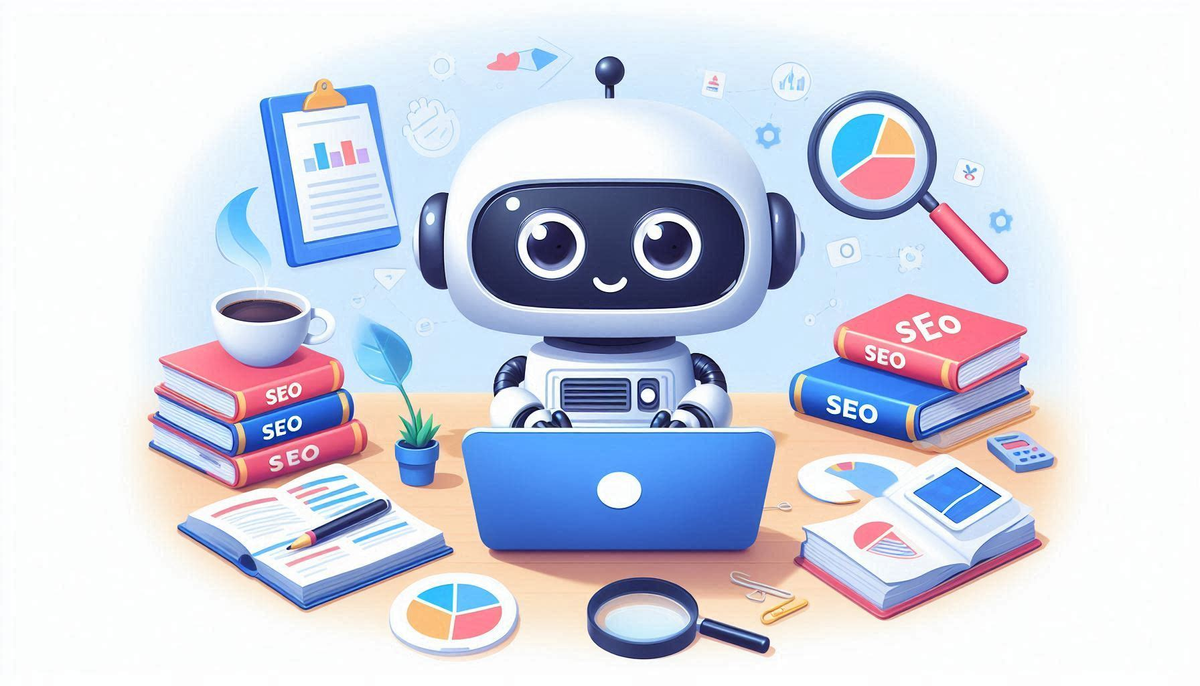The Impact of AI on SEO: What You Need to Know
Uncover the transformative influence of artificial intelligence on SEO. Learn how AI is reshaping search engine optimization strategies, enhancing user experience, and what it means for your website's ranking.

In the rapidly evolving digital world, artificial intelligence (AI) has emerged as a significant disruptor, influencing various facets of our lives, including our interaction with the internet. One area where AI's impact is particularly profound is Search Engine Optimization (SEO). This blog post will explore the intricate relationship between AI and SEO, and how the former is revolutionizing the latter.
AI and SEO: A Dynamic Duo
AI's primary role in SEO is to enhance the user experience. Search engines like Google use AI to better understand user behavior, interpret complex queries, and deliver more personalized search results. This shift towards AI-driven SEO means that traditional SEO tactics may no longer suffice. Instead, businesses need to understand and adapt to AI's influence on SEO to maintain their website's visibility and ranking.
The Role of AI in SEO
- Improved User Experience: AI algorithms analyze user behavior, preferences, and search patterns to provide more personalized and relevant content. This means that websites need to focus more on creating high-quality, user-centric content. AI can help identify what type of content resonates with your audience, allowing you to tailor your content strategy accordingly.
- Voice Search Optimization: With the rise of AI-powered voice assistants like Siri, Alexa, and Google Assistant, voice search optimization has become crucial. Websites need to optimize their content for voice search by focusing on long-tail keywords and conversational language. AI can help identify the most commonly used phrases and questions in voice search, enabling you to optimize your content more effectively.
- Predictive Analysis: AI can predict future trends based on historical data, helping businesses to stay ahead of the curve. By understanding these trends, businesses can create content that aligns with future search queries. AI tools can analyze vast amounts of data to identify patterns and trends, providing valuable insights for your SEO strategy.
- Image and Video SEO: AI's ability to interpret and understand images and videos has led to the rise of visual search. Websites need to optimize their visual content by adding relevant tags, descriptions, and alt text. AI can help identify the most relevant tags and descriptions for your visual content, improving its visibility in search results.
Adapting to AI-Driven SEO
To stay competitive in the AI-driven SEO landscape, businesses need to focus on creating high-quality, relevant content that provides value to the user. They also need to optimize their content for voice and visual search and use AI tools for predictive analysis.
In conclusion, AI is not just a trend but a significant shift in the SEO landscape. By understanding and adapting to AI's impact on SEO, businesses can ensure their website's visibility and ranking in the ever-evolving digital landscape.
Remember, the future of SEO is not just about understanding search engines, but also about understanding the behavior and preferences of your audience. And AI is the tool that makes this possible.
